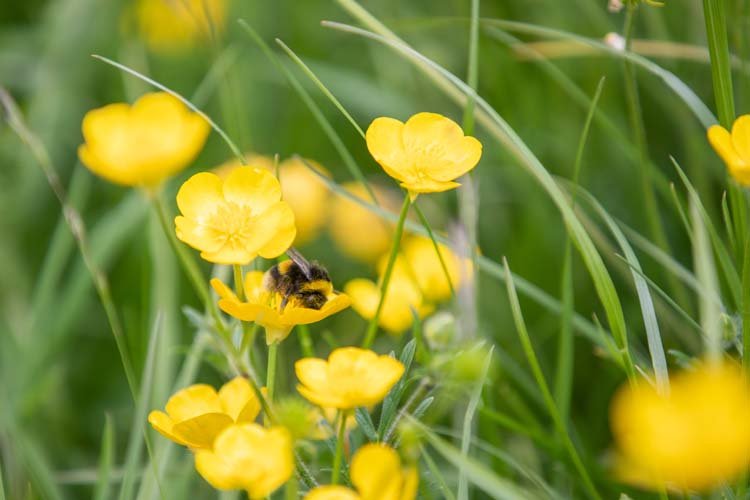Public urged to consider alternatives to pesticides to protect the River Dee drinking water source
An exceedance of the pesticide 2,4-D, an active substance present in many commonly used herbicide products used to control the growth of thistles, docks and rushes has been detected in the Greenmount Public Water Supply in Co. Louth.
Greenmount Public Water Supply draws raw water from the River Dee which is vulnerable to runoff from land.
Irish Water is asking users of any herbicide or pesticide products in the River Dee catchment to consider the vulnerability of the water supplies to pesticide contamination and the importance of this supply to the local homes and businesses in the community.
Irish Water is asking the farming community, greens keepers, grounds keepers, and also domestic users of pesticides, to consider in each case whether they need to use pesticides at all.
Minimising pesticide use not only helps to protect water quality but also has wider environmental benefits. For example, leaving areas unsprayed can help native flowering plant species to grow and support a range of insects including bees and other vital pollinators.
One third of Ireland’s bee species are threatened with extinction and by helping the bee population survive and thrive we are also helping to protect our precious water sources.
For more information on practical ways to help bees and other pollinators, check out the All-Ireland Pollinator Plan at www.pollinators.ie. Farmers should also bear in mind that application of herbicides reduces sward species diversity and could negatively impact on payments in future agri-environmental schemes.
Andrew Boylan, Irish Water’s Regional Drinking Water Compliance Specialist said, “While our consultation with the HSE has concluded that the levels seen do not represent a threat to public health, it is however undesirable and therefore imperative that users of pesticides are mindful of best practice when using herbicides or pesticides and seek out alternatives.”





